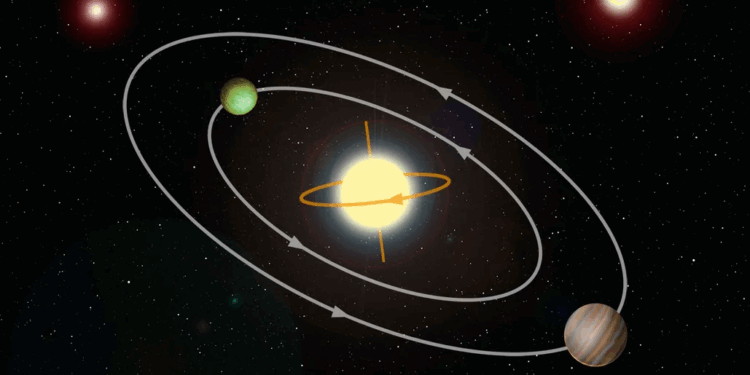Oyo Melon Seed Heads for Multinational Space Research

An Egusi melon seed originating from Oyo State is set to participate in a multinational agricultural research venture destined for the International Space Station (ISS) on July 31, 2025.
This endeavor, spearheaded by Nigerian space scientist and entrepreneur Dr. Temidayo Oniosun, marks a historic occasion as it is the inaugural inclusion of a seed indigenous to West Africa in a space-based experimentation.
The seed will be propelled aboard SpaceX’s Falcon 9 rocket from Cape Canaveral, Florida, as part of Crew-11’s voyage to the ISS. It will be joined by other culturally significant crops from nations such as Egypt, Armenia, and Pakistan in an experiment designed to discern how traditional agricultural seeds react to microgravity.
“This is the first instance of an object from Nigeria embarking on a journey to space,” stated Dr. Oniosun, who assumes the role of Principal Investigator for the project. “By representing Nigeria—and West Africa—on the global stage of space research, the mission also emphasizes the significance of indigenous crops.”
The project is a collaborative effort between Oniosun, The Karman Project, and Jaguar Space. Upon its return from the ISS, the Egusi seed will undergo comprehensive scientific scrutiny. Dr. Wagner Vendrame of the University of Florida will spearhead subsequent experiments, encompassing in vitro germination, spectral imaging, metabolic testing, and gene expression analysis.
Egusi, a protein-rich seed extensively utilized in West African culinary practices, holds substantial economic importance in Nigeria.
The research aims to investigate its resilience in extraterrestrial environments, with ramifications for sustainable agriculture and food systems during prolonged space missions.
“This mission grants us the opportunity to contribute to the expanding corpus of knowledge essential for extraterrestrial agriculture,” Oniosun remarked.
The inclusion of Egusi in the mission aligns with the global pursuit of food security and agricultural adaptation to novel environments, including space. The research also forms part of broader initiatives to integrate African crops into international scientific and technological endeavors.
The project partners emphasize that companies and institutions seeking updates or collaborations can reach out to the mission team directly.









